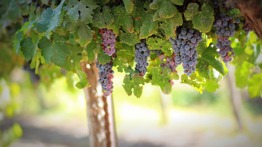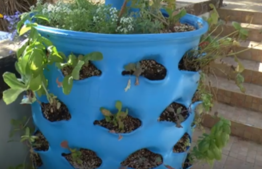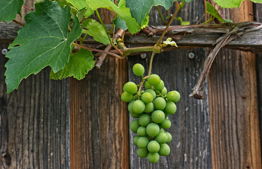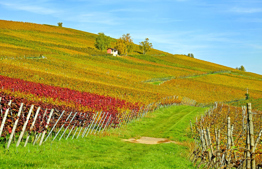Propagation of strawberry and rose cuttings in bananas
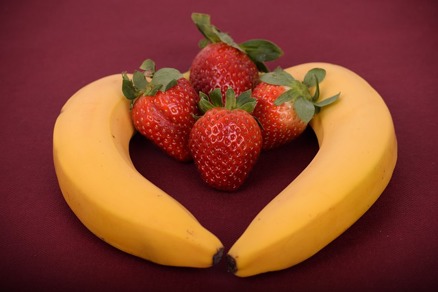
Is there a problem of Kilaim when propagating strawberries or roses in bananas or aloe vera plants?
Question
A novel cultivation method for domestic purposes involves propagating strawberries or roses in bananas or aloe vera plants (see pictures below).[1] This technique supposedly utilizes the nutrients, water, and hormones present in the banana or the aloe vera plant to stimulate the formation of callus cells in the cutting (strawberry or rose), encouraging root development. This is similar to the practice of propagating tissue cultures in a moist medium with nutrients and growing hormones. Does this cultivation method pose the problem of kilayim?[2]
Answer
Firstly, note that the prohibition of kilei zeraim involves grafting different species of annual plants, such as vegetables or grains (Rambam, Hilchot Kilayim 1:1-4). Similarly, the prohibition of kilei ilan pertains to grafting two different species of fruit trees. This prohibition also extends to grafting fruit trees onto vegetables (ibid, 5:5) or onto non-fruit-bearing trees (ilan serak), as mentioned in the Yerushalmi (Kilayim 1:7):
It was stated: From where that one may not graft a tree bearing no edible fruit onto a fruit-bearing tree, or a fruit-bearing tree onto another fruit-bearing tree of a kind that is not his own kind, from where? The verse says (Lev. 19:19): “You must keep My statutes.”
It seems that this is also Rambam's ruling (Hilchot Ma'aser Sheni 10:10). Many Rishonim write this as well.[3] In light of the above, it is crucial to distinguish between propagating strawberry plants in a banana and propagating strawberries in an aloe vera plant. The first case involves inserting a strawberry plant cutting into a banana fruit, while the second involves inserting it into an aloe vera plant, with bananas classified as vegetables and aloe vera as non-fruit-bearing plants. The third case involves the propagation of roses, which are non-fruit-bearing plants, in banana fruit.
For the propagation of strawberry cuttings in banana fruit, two aspects must be considered:
(1) Does inserting a strawberry cutting into a banana violate the prohibition of kilei ilan (grafting)?
(2) Does the mixture of strawberry seeds and banana seeds inside the banana violate the prohibition of kilei zera'im?
Conclusion
The prohibition of grafting applies only when a shoot or eye is inserted into another shoot serving as a rootstock, since shoots and eyes possess growth potential. However, the banana peel and fruit are not organs with growth potential. Therefore, inserting a strawberry plant or rose cutting into a banana fruit enclosed in its peel does not constitute a forbidden graft.
Concerning kilei zera'im, our halachic approach is that if one species is edible and the other, although inedible, is used to sow entire fields, it is forbidden to interplant the two.[4] While bananas are considered vegetables and are edible to humans, as are strawberries, interplanting the two does not violate kilei zera'im since the seeds of banana varieties sold today cannot be used for sprouting.
Roses being perennial plants, there would certainly not be any prohibition of kilei zera'im when planting them with bananas.
Aloe vera is a perennial cactus and inserting one leaf into the ground or growing strata will not promote new growth. To achieve growth, a shoot with growth buds is necessary, not just a leaf. For this reason, it appears that inserting rose or strawberry plant shoots into aloe vera leaves is not forbidden.
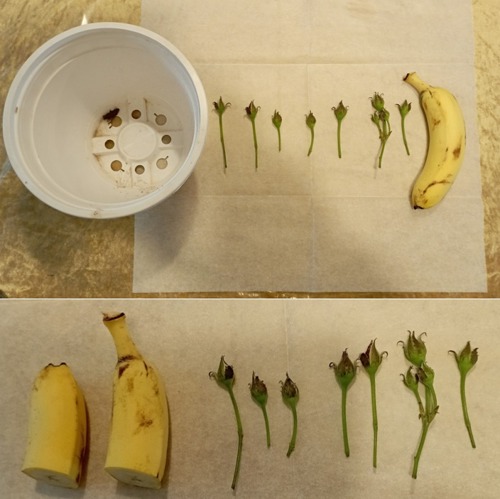
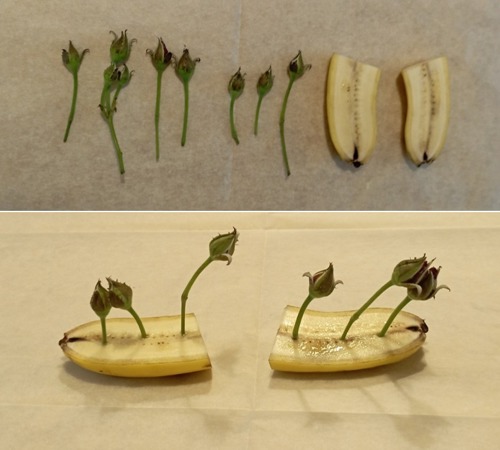
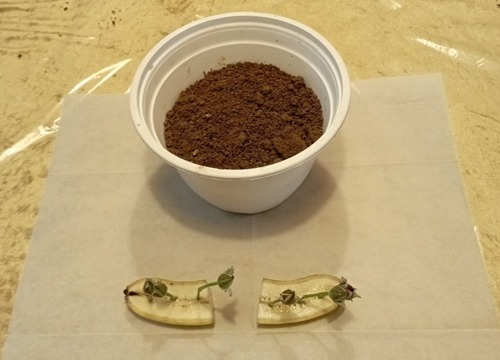
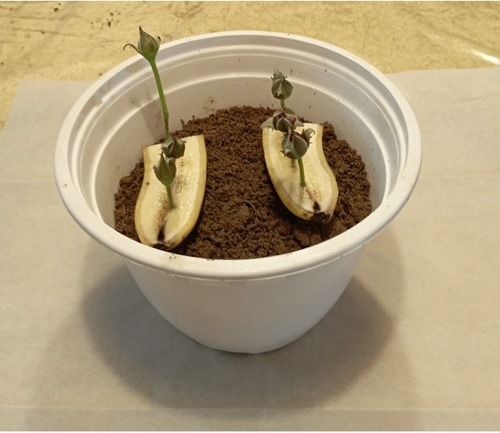
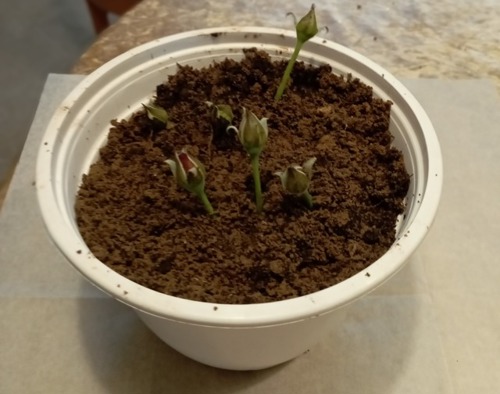
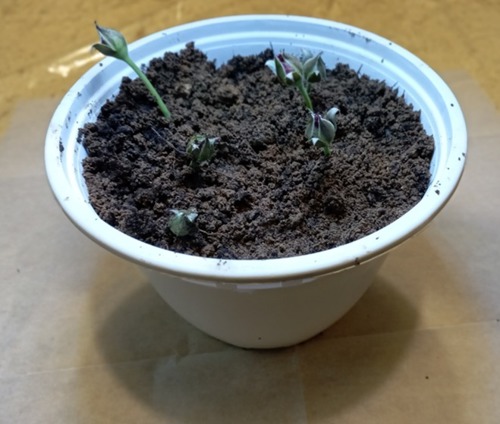
[1] I would like to thank Dr. Mordechai Shomron, Torah VeHa'aretz Institute's agronomist, for his professional and botanical guidance.
See here: https://did.li/AX4Nf page 43, for the full article in Hebrew.
[2] See links: https://www.youtube.com/shorts/X6tRQpeBqQM
and https://www.youtube.com/shorts/RdtzqNRRsTs
[3] See Chukkat Ha'aretz I p. 63.
[4] Hilchot Ha'aretz, p. 169, based on Kesef Mishneh on Rambam, Hilchot Kilayim, 1:4. However, see also Chazon Ish, Kilayim §1:14, s.v. kilei, concerning the leniency when one of the species is not a human or animal food.

